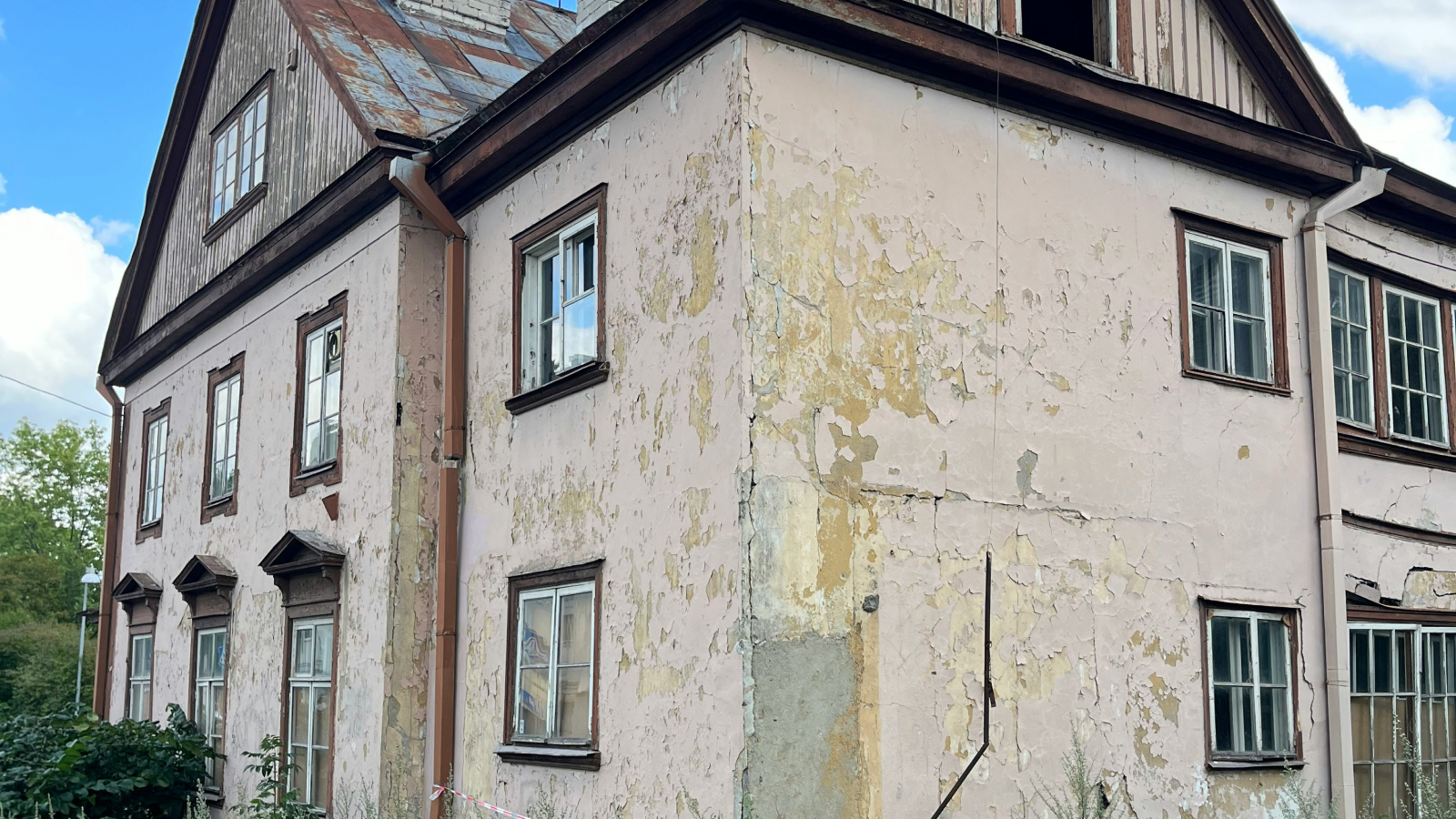Selling an Inherited Property in the UK
Inheriting a home from someone you love can stir up all kinds of emotions — and deciding what to do next can be daunting.
If probate is complete and you’re now the legal owner, you might be wondering whether to sell, rent out, or move in— and what it will cost if you do sell.
This guide explains, in plain English, how to sell an inherited property, what taxes and costs you need to plan for, and how to get the best balance of speed and price with the least stress.
💡 Still waiting for probate? Read our guide to selling a probate house.
Step 1: Decide What to Do With the Property
You now legally own the property, so you can:
- Sell it – release the equity and move on
- Rent it out – earn income, but accept responsibilities
- Move in yourself – potentially save on housing costs
- Transfer it to another beneficiary – if you’re not the sole inheritor
Think about emotional factors as well as financial ones — rushing into a sale while grieving can be stressful.
Step 2: Understand the Taxes and Costs
Selling an inherited property can trigger several taxes:
- Inheritance Tax (IHT): Usually handled during probate, but check if any remains due.
- Capital Gains Tax (CGT): Payable on the difference between the probate valuation and the eventual sale price.
- Income Tax: If you let the property out before selling, rental income is taxable.
- Stamp Duty Land Tax: Only applies if you transfer ownership to another person/beneficiary.
- Holding Costs: Insurance, council tax (after 6 months exemption), utilities, maintenance.
Tip: Keep all receipts and valuations. They can be used to reduce your CGT bill.
Step 3: Prepare the Property for Sale
- Clear contents and personal belongings
- Carry out essential repairs (damp, leaks, safety issues)
- Deep clean and refresh décor
- Arrange unoccupied property insurance
- Make sure you have the EPC certificate ready
Presentation can make a big difference to speed and price.
Step 4: Choose Your Sale Route
Factor in any other beneficiaries’ wishes to avoid disputes.
Step 5: Maximise Your Sale Price
- Use an online house valuation tool and get 3+ independent valuations
- Improve kerb appeal (paint, garden, clean windows)
- Stage rooms to look inviting
- Time the sale when local demand is strong
- Fix low-cost issues buyers will overvalue (loose tiles, broken latches, old carpet)
Even small investments can add thousands to the sale price.
Step 6: Prioritise Speed (If That Matters More Than Price)
Sometimes, getting the best possible price isn’t the main goal — especially if:
- You’re paying ongoing bills on an empty property
- You need to release funds to settle the estate or move on with your life
- The property needs major work and will struggle to sell on the open market
- Multiple beneficiaries want closure quickly
In these cases, speed becomes the priority.
With a traditional estate agent sale, even once you find a buyer it can take 3–6 months to complete, and there’s always the risk of fall-throughs.
By contrast, Upstix can make a guaranteed cash offer and complete in as little as 7–28 days.
There are no chains, no mortgage delays, and no repairs or marketing required — meaning you can walk away quickly and with certainty.
💡 Pro tip: If speed matters, using a cash house buying company like Upstix will be the fastest way to sell. You should start by getting a cash offer alongside your estate agent valuations — it gives you a clear benchmark and a fallback if the open market route stalls.
Step 7: Manage the Sale Process Smoothly
- Hire an experienced conveyancer early
- Be upfront with buyers about the property’s background
- Agree realistic timelines — especially if multiple beneficiaries must sign
- Keep communication open with co-beneficiaries and professionals
Smooth process = faster completion and less stress.
Step 8: FAQs
Do I pay capital gains tax on an inherited property?
Yes, if it’s sold for more than the probate valuation. The gain is taxed, not the full sale amount.
How long do I have to sell an inherited property?
There’s no legal deadline. But selling sooner can reduce maintenance costs and avoid market dips.
Can I live in an inherited property before selling it?
Yes — if you are now the legal owner and there are no co-beneficiaries who object.
Can one beneficiary buy out the others?
Yes, if all agree on the valuation and the buyer can secure funds (or use their inheritance share).
What to Do Next
- Decide your long-term plan (sell, rent, keep)
- Get professional tax and legal advice early
- If you want a fast, guaranteed sale, speak to a trusted cash buyer like Upstix
Need to move quickly? Get an estimated instant cash offer in seconds and a guaranteed offer within hours— helping you move on without the stress or costs of a long sale.




